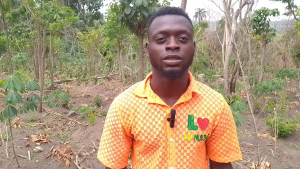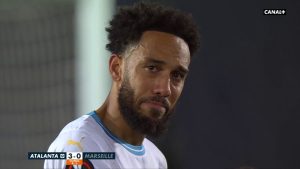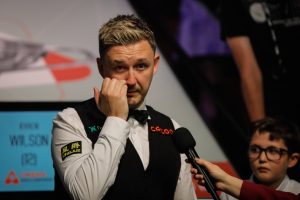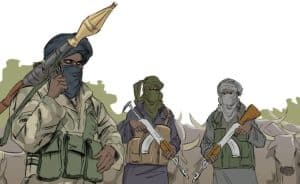Defending the Cause of the Nigerian Child: Celebrities UNICEF Champions
By Blessing Enebeli
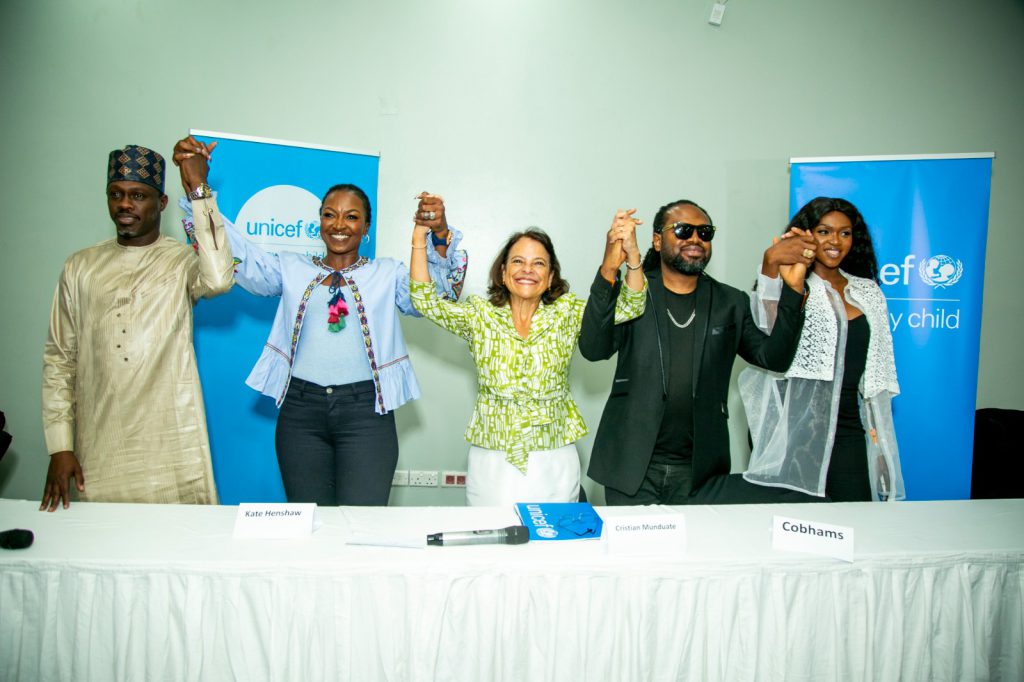
As they filed in, the room buzzed with excitement. These were no ordinary Nigerians, but men and women who have redefined the entertainment industry in the last few decades, creating a notch for themselves. The occasion? The appointments of Cobhams Asuquo, WAJE, Kate Henshaw, and Ali Nuhu as UNICEF’s Champions for a period of twelve months This auspicious occasion took place at the Movenpick Hotel, a former Southern Sun hotel located in Ikoyi, Lagos, on the 30th of August, 2023.
UNICEF Nigeria proudly announced the appointments of Cobhams Asuquo, WAJE, Kate Henshaw, and Ali Nuhu, music producers, musicians, and film actors, as UNICEF Champions. As UNICEF’s esteemed assembly of champions, they will serve as powerful voices amplifying issues around child rights, health, education, and nutrition in Nigeria.
Addressing journalists at the event, UNICEF’s Representative in Nigeria, Cristian Munduate, spoke of the commitment and unmatched influence of the champions. “We are truly elated to join hands with such influential voices in the entertainment industry as Cobhams, WAJE, Kate Henshaw, and Ali Nuhu. Their dedication and passion for children’s rights will undeniably amplify the urgency of the issues we fight for daily,” she says.
Cobhams, WAJE, Kate Henshaw, and Ali Nuhu are no strangers to one another or even to the cause of advocating for child rights in Nigeria. Over the years, they have lent their voices and craft to drawing public attention to societal lapses and injustice, especially the societal practices and ignorance that mitigate against the basic rights of the Nigerian child.
Celebrities using their popularity, status, brands, and influence to promote personal ideals, challenge social norms, and buttress and amplify issues of societal concern is fast becoming a common phenomenon in most parts of the world. As UNICEF Champions, it’s not another stunt for promoting celebrity status, says WAJE, but this is something that’s important to us as brands. We are creatives, and this is us leveraging our creativity, which is a key part of being a champion. We’ll put all our resources and experience together to help us achieve our goals.
Over the course of the next year, these champions will work together with UNICEF to elevate pressing concerns related to children, spanning sectors such as health, education, nutrition, child protection, water sanitation, and hygiene.
Cobams Asuquo, a popular producer and content creator of repute, stressed the need to see this venture as one that concerns not just them as UNICEF’s champions but us all: “As a musician, I recognize very keenly that my art form is a tool for social change, awareness, education, and so many other things outside of entertainment. I find that Nigerian music is at a point where it has taken center stage and has the ear of the world. I feel it would be a big disservice to this opportunity. If music can go out and do all the things it’s doing, but we are not consciously using it to shape and influence young people in our country, And so, it is my responsibility and that of WAJE, Kate, and Ali to use the art form that we are a part of to influence the future generation.”
As UNICEF champions, Cobhams, WAJE, Kate Henshaw, and Ali Nuhu will engage in several initiatives and campaigns designed to ensure that every child’s right to survival, growth, development, and protection is upheld and defended in Nigeria. One whose foray into advocacy is not something new Kate Henshaw emphasizes that we all have to play a part in positively impacting the lives of our children so as to help shape them into wholesome individuals. You have a short time to influence a child’s life, from zero to five years. Our children are so vulnerable that they need special care and attention. If you do not prioritize our children, then how do we determine succession? In 2023, Nigeria needs to be more intentional about child education, nutrition, health, the mother’s health, the environment, etc. No country should be in a position where the children are vulnerable and not given room to grow.
Challenging the norms of religious beliefs and harmful tribal practices through aggressive sensitization is key in the fight for the protection of the rights of the Nigerian child. According to figures released by the Nigeria Demographic and Health Survey (NDHS), in the first quarter of last year, the prevalence of female genital mutilation among girls ages 0–14 increased from 16.9% to 19.2%. Also, within the same period till date, we’ve had the resurgence of diseases like diphtheria and polio, largely attributed to poor vaccination practices, which has given rise to a lot of zero-doze children. Hence, there is a need to restructure the way we communicate with people, especially in rural areas, by changing the narrative of our messaging. One way to do this is by communicating with people in their own local dialect. Most people don’t understand the messaging in English, says the actor and director, Ali Nuhu, who is also one of the UNICEF champions. “We must step things down by communicating in our local languages, partnering with clergymen because people listen to clergymen in northern Nigeria, talking with parents, having town hall meetings, and doing some skids to generate the needed awareness. I’m open to any sort of collaboration that would make this process benefit our children.”
This collaboration symbolizes a bridge between a commitment to child rights and the power of art and storytelling. Through music, film, and public engagement, we hope to touch hearts, shift perspectives, and inspire action,” says Cristian Munduate, UNICEF’s Representative.

A Nigerian trained investigative journalist, who cover various news beats in Nigeria.

